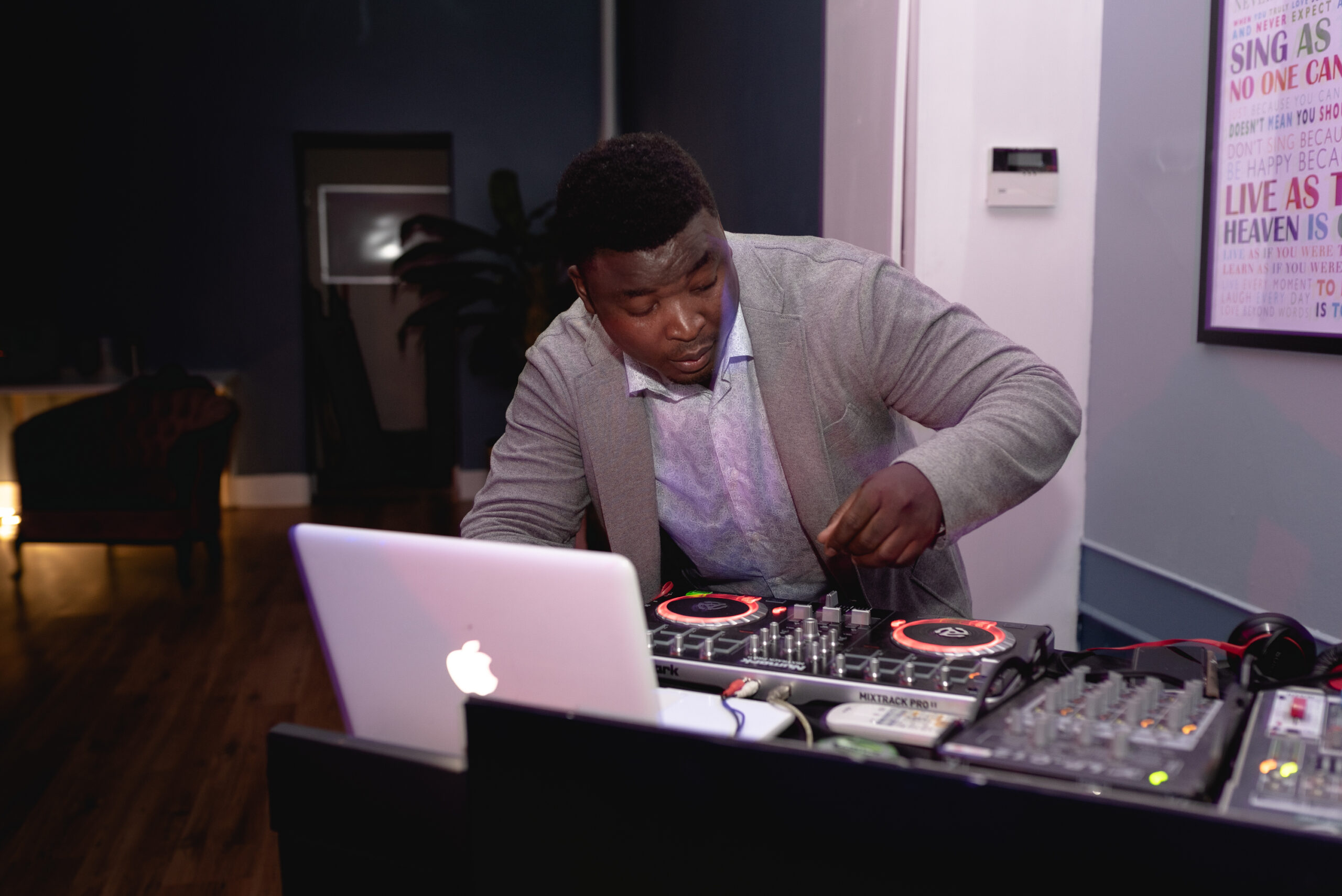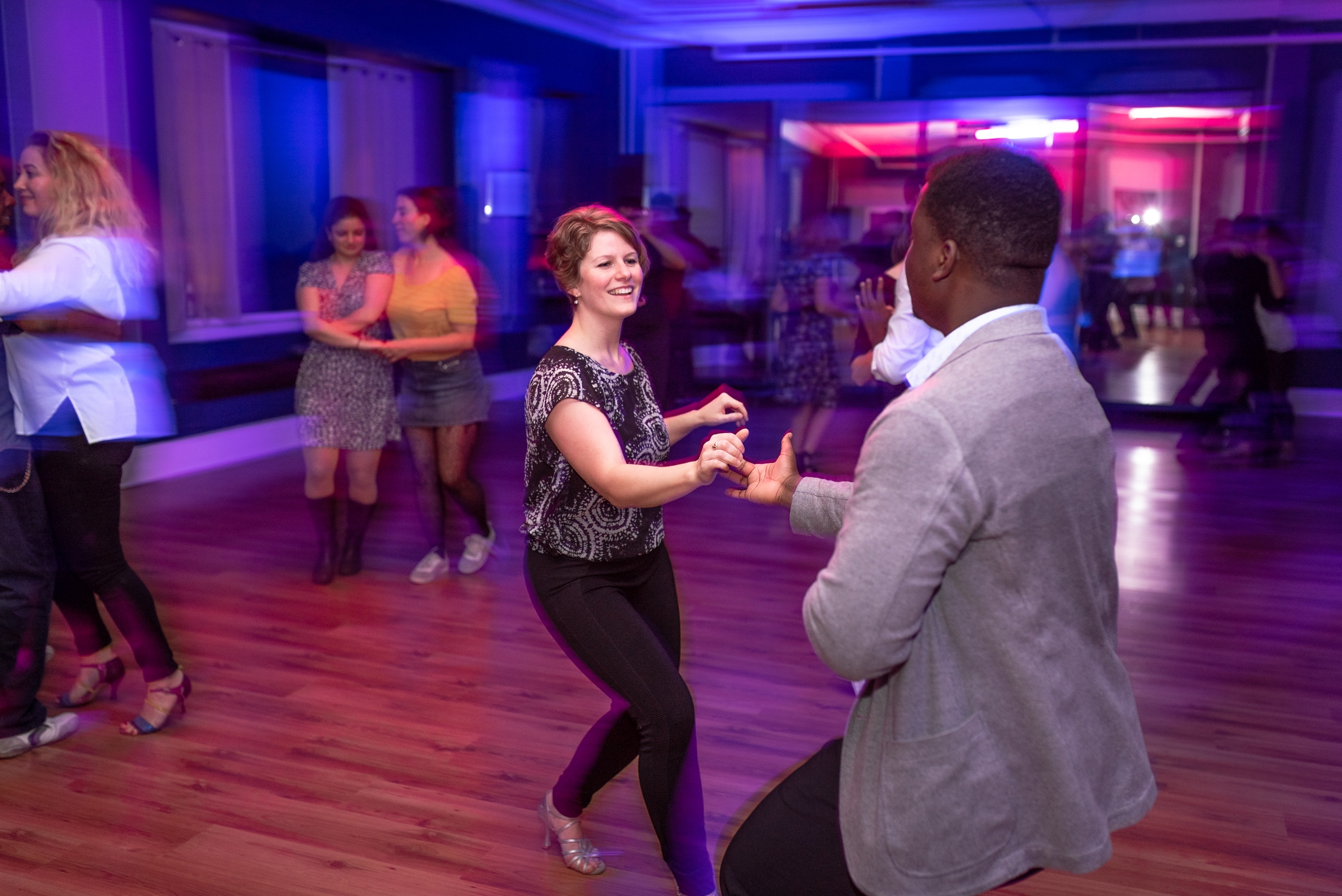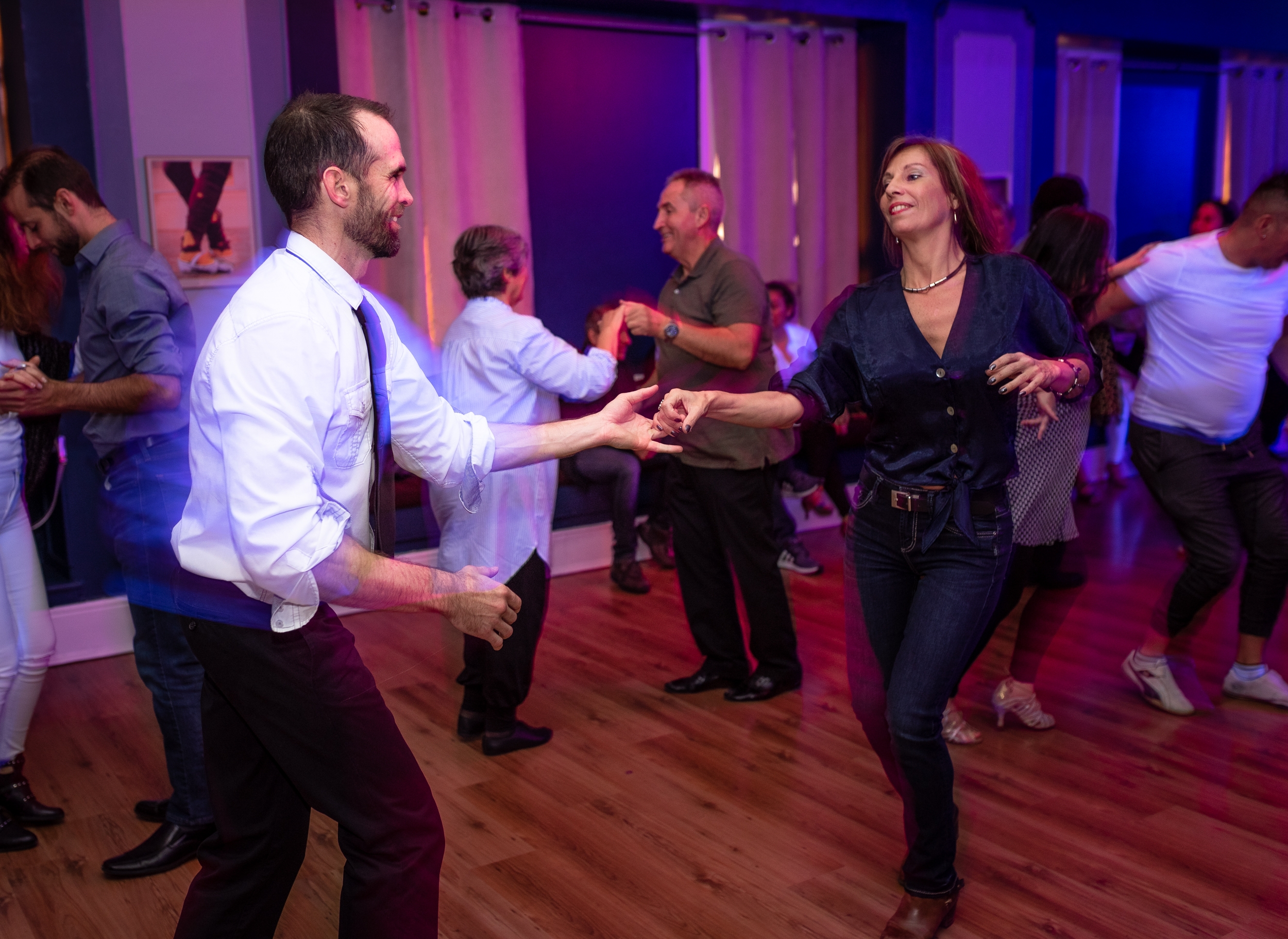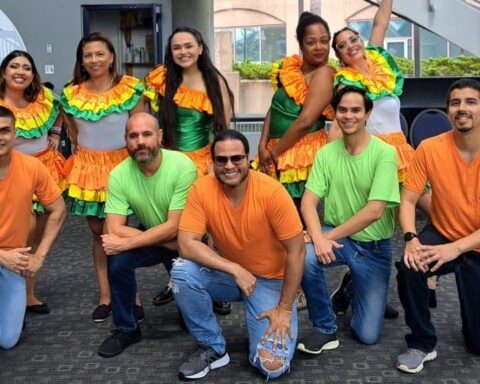Former refugee and now Halifax-resident Moses Diallo took a giant leap of faith about a year ago, deciding to jump headfirst into a full-time dance-studio career.
What Diallo had started in 2015 as a personal passion project had evolved into Haliente’s Creative Studio, a full-fledged Halifax dance studio focused on Afro-Latin dancing, and it was starting to require his total commitment.
Diallo, who until then combined his love for dancing while being employed full-time as a security guard, decided to quit his job and dedicate himself to expanding the heart-felt vision that had been brewing for a long time.
The origins of Haliente are humble, and they resemble those of the person responsible for bringing this concept to fruition.
Before finding a home in Halifax, Moses Diallo was living in a refugee camp in Ghana. His father, of Togolese origin, was amongst those displaced by the Togo Civil War, and for a while, their future seemed more than uncertain.
“You have no idea where you are going to end up,” recalls Diallo, as he unpacks his journey, one that, in those long nights of hope and prayers and not much else, was only made more bearable because of two things: soccer and dancing.
“I grew up dancing traditional Ghanaian dances, hip hop, and more,” recalls Diallo, who adds that, after arriving in Halifax, and playing soccer for a few years, he suffered an injury. This injury would reconnect him with his love for dancing. Diallo participated in a version of the musical Fame, which required him to learn how to tango dance. It was then that he discovered salsa dancing.
Following that, the dance floor became his second home. “Every night, we would be out dancing, even if we worked the next day at six in the morning,” Diallo says.
Shortly thereafter, he embarked on hosting community events and collaborating with bars and restaurants in downtown Halifax to offer Latin-dancing-themed nights. “I had the objective of learning to dance properly,” he recalls. But while this helped him achieve that objective, as well as that of forming a small but bustling, energetic community around salsa dancing, Diallo found himself constantly on the go, looking for new venues and new opportunities.
“We are a very small community, and we don’t drink. We’re there for the fun of dancing. So whenever we found a new bar, or a new location, they’ll have us for a few months, and then, realize that they don’t make any money, so we’re back to step zero,” he recalls, laughing.
This constant need to pivot prompted Diallo to look for a more stable space, one in which he was able to host events without the need of guaranteeing venues with a minimum consumption requirement. However, it still seemed like a side project. Diallo’s past in a refugee camp, where he witnessed harsh injustices, instilled him with a sense of purpose, one in which he was meant to restore order, and to ensure that there was more joy and less suffering. He saw law and order as a way of accomplishing this.
“I was determined to find a space for the dance community, but I also had the dream of going into the military, or at least into law enforcement. I studied to become a corrections and law enforcement officer at Maritime College. I was in the reserves at the time, waiting to transfer into the Army full-time once I was done with college. I wanted to give back to the community by enforcing the law, something that was not enforced at home,” Diallo says.
Then, something clicked, and a period of deep soul-searching helped him define his purpose, and realize that what he was already doing had a positive effect on the community at large.
“Dancing provides an outlet for connection, for joy, and it makes the world a better place. I wanted to go into the military or law enforcement to make the world better, and I thought, well, at Haliente, day by day, we change people’s lives for the better. So I already do that, only without the uniform,” Diallo says, animatedly.
Inspired by this sense of possibility and the strong desire to make an impact, Diallo has succeeded in taking Haliente to new heights.
Beyond his studio – which is nestled in Halifax’s waterfront district in the iconic Phinney Building, atop Elle’s Bistro – Haliente also hosts the Halifax Salsa & Bachata Festival, as well as highly sought-after events like Salsa on the Waterfront and Dancing Under The Stars.
The plans don’t end there. Haliente hopes to keep promoting Afro-Latin culture through cuisine as well as through different works of art, and in the festival, they have been successful at integrating these with dancing.
And for sure, Diallo and his team at Haliente have been successful at crafting an incredible story, one that started at a refugee camp in Ghana, thousands of miles away, and has now positioned Halifax as one of the leading hubs of Canada’s salsa revolution, bringing joy and connection to people and restoring a much-needed sense of community.
Javier Ortega-Araiza has multiple global experiences as a storyteller and social entrepreneur having travelled to over 30 countries. Now based in Toronto, he is a published author in both English and Spanish."







